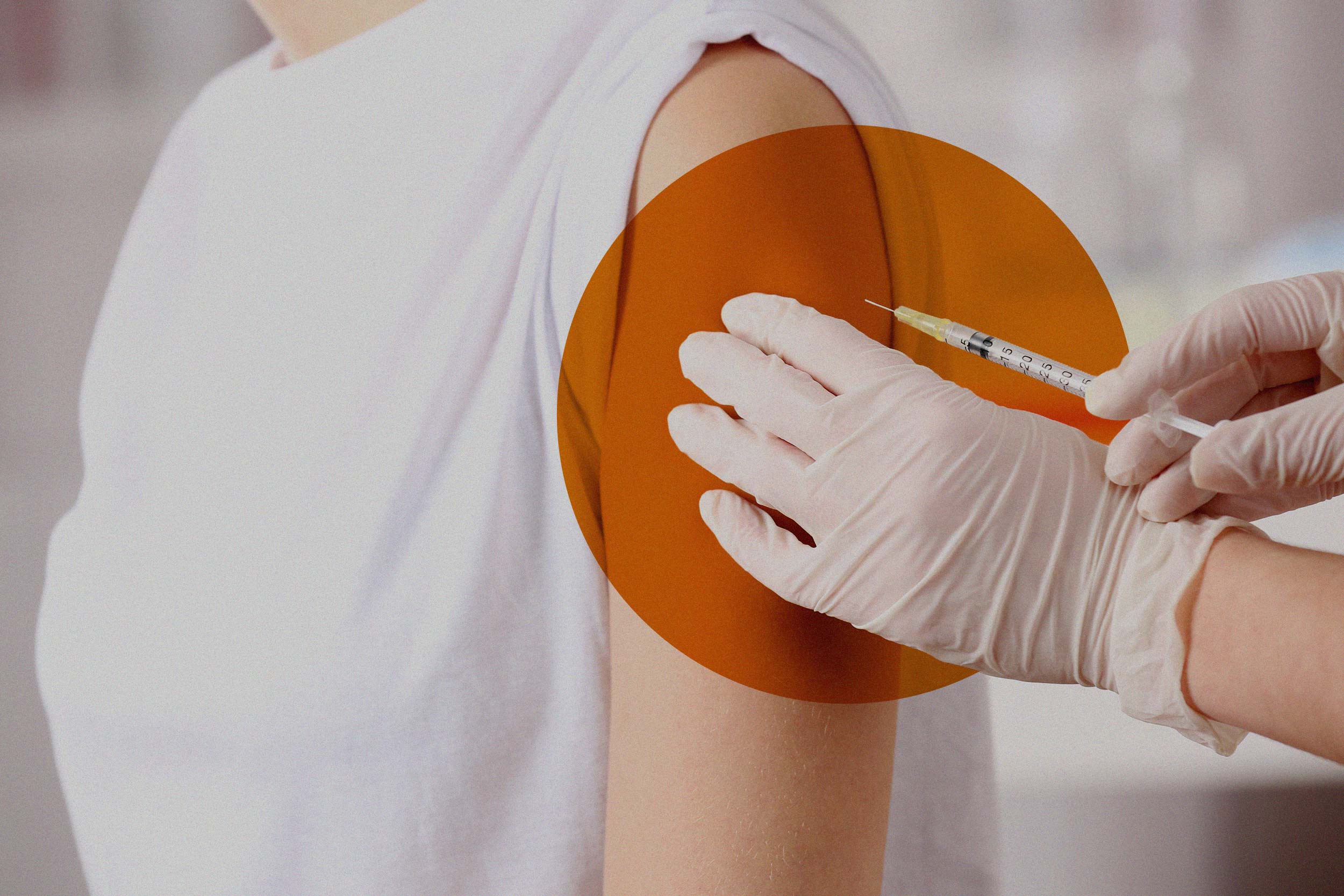Q. What’s the history of these prospective vaccines?
A. A lot of work has been done with cancer vaccines for many decades, including the work that we do, and although there has been a lot of promise in that they induce immune responses, the frequency with which patients experience shrinkage of tumor is less than the percent that have immune responses.
That’s why some people have been skeptical about their benefit. On the other hand, we have seen tumors shrink with cancer vaccines alone, and it makes sense that combining them with other effective immune therapy may enhance their ability to kill melanoma cells.
The appeal of treating patients after surgery, in those at high risk for recurrence, is that the number of melanoma cells in the body should be very low. Without any treatment, we can expect that those small numbers of cells would grow and present as areas of spread for many of those patients. However, the hope is that the vaccines can prevent that. This recent report suggests that that may well be true.
Q. Can you tell us more about the vaccine you’ve been working on?
A. We are actually working on three different vaccine formulations. The one we’re working on most uses a set of six different peptides, which are fragments of proteins commonly found in melanoma. This particular vaccine induces responses by a subset of T cells called “helper T cells.”
In prior studies, we have seen significant tumor shrinkage and other clinical benefits for many years. In a subset of patients, and in long-term follow-up of patients with high-risk melanoma, we have seen improved outcomes compared to what we would expect from untreated patients.
Our recent experience in a small number of patients was quite tantalizing, with a rate of clinical tumor shrinkage when combined with a PD-1 antibody that was about twice what we would expect with the PD-1 antibody alone.
We’re very interested in doing a larger study to see if that plays out in a larger population.
Q. When do you expect we’ll see these new vaccines available?
A. From what I understand, the Moderna trial that was just completed was Phase 2, so they’ll need to do a larger, randomized study, probably with a placebo, and that will take some time. It’s very hard to know, but I would think it would be at least two or three years before those results may be available, and maybe longer.
We and others are working on cancer vaccines as well, so it’s hard to know exactly when, and it all really depends on how effective they are in these larger trials.
Q. Are we one step closer to a preventive vaccine or a cure for cancer?
A. If I had to guess, I’d say yes, because each success along the way is a step in the right direction. The good news, of course, is there have been a number of successes that have improved the survival of a lot of patients in the past couple of decades, and we expect these to continue, both for melanoma and for other cancers.












